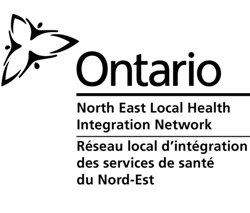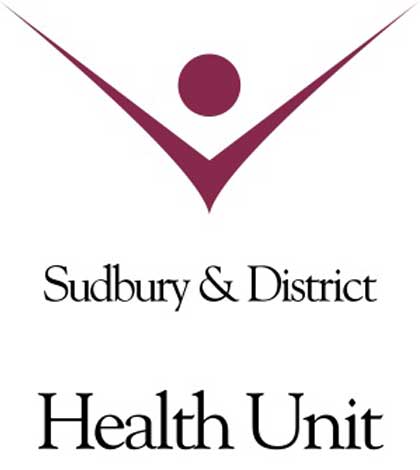SUDBURY—Steps to improve the health care status and patient journey experienced by aboriginal Northerners began September 21 at a cultural celebration to launch the North East Local Health Integration Network (NE LHIN) Aboriginal Health Care Reconciliation Action Plan.
With an opening prayer by elder Hilda Nadjiwan and drumming by the Young Thunderbird Group, the event at Shkagamik-Kwe Health Centre in Sudbury marked an important milestone in efforts to address health disparities for aboriginal people living in Northeastern Ontario.
The need for a reconciliation plan was identified through LHIN engagements with aboriginal Northerners and advice from the NE LHIN’s Local Aboriginal Health Committee (LAHC), an advisory committee to its board of directors. The plan reflects the voices of aboriginal Northerners and includes an environmental scan of population health and existing services across the region.
“It is our vision to support the healing process of our communities in order for our future generations to never have to suffer from uncontrollable poor health and well-being,” said Gloria Daybutch, chair of the NE LHIN’s LAHC.
The strategies of the plan are developed around the directions of the cultural medicine wheel-Opportunities (East), Relationships (South), Knowledge and Understanding (West), and Sustainability and Evaluation (North), a widely recognized approach that represents wholeness, balance and interconnectedness.
The plan is aligned with the priorities of the NE LHIN’s integrated health service plan for 2016-2019, The Truth and Reconciliation Commission Report (which includes 94 calls to action to aid in the reconciliation of the legacy of Canada’s residential school system), and Ontario’s First Nations Health Action Plan.
“This reconciliation action plan is a starting point on a journey to ensure more equitable health care services for Northern Ontario’s aboriginal people,” said Louise Paquette, NE LHIN chief executive officer. “Just as we recognize that we cannot overcome decades of challenges, we know that we need to deliver on a vision for the path forward, and we must take these important first steps together.”
The NE LHIN will implement the actions outlined in the plan over the next three years, in partnership with its LAHC. The actions aim to improve the health care status and patient journey experienced by aboriginal Northerners. Some of the actions outlined in the plan include: supporting increased access to traditional health programs, strengthening mental health and addiction services and ensuring aboriginal health care leaders are helping to lead the work needed while having the opportunity to provide their input into the changes required; continuing to collaborate with all levels of government to minimize gaps in services for aboriginal Northerners; encouraging health service providers to make their physical environments more welcoming to aboriginal people; tying actions to metrics so that the NE LHIN can continually evaluate the impact of the work; developing a plan to ensure cultural competency safety training for NE LHIN staff, board members, and NE LHIN-funded health service providers.





